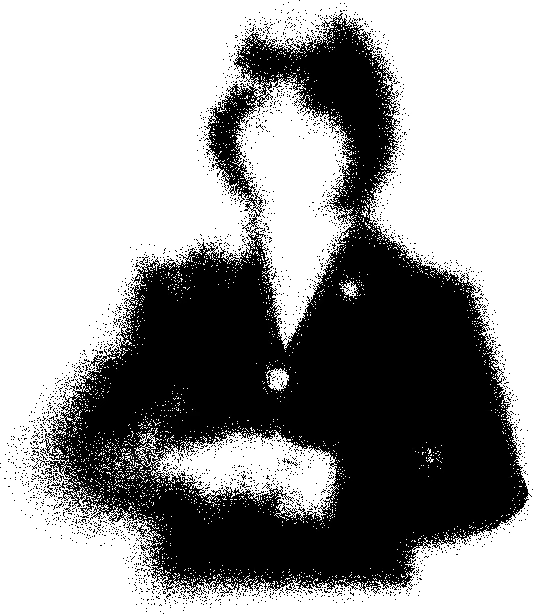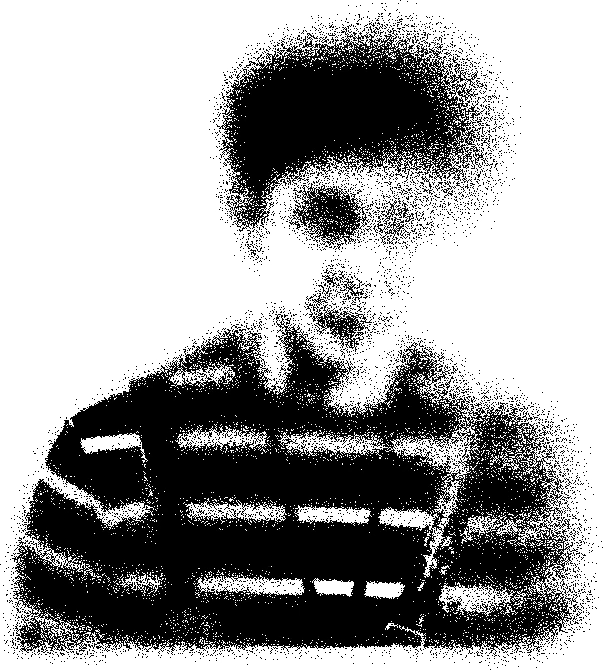"To the Narwhals of the World"
What portrayals of autism in K-drama taught me about assessing a destination's attitudes toward neurodivergence
Woo Young-woo stands frozen before the courtroom, her gears ground to a halt. The rookie attorney who remembers every book she’s ever read, every story and fact and character and feeling she’s encountered in her twenty seven years of consciousness, falls silently into a black hole. She’s crossed the event horizon, and words do not travel faster than the speed of light. Neither does help. Who would chase after her, anyway? This oblivion belongs to her.
These five lines capture just a few seconds in the first episode of the popular K-drama Extraordinary Attorney Woo. But they are all that was required to move me from couch cushion to plane seat. Showing me a relatable vision of myself in a new place, Woo and another popular series, It’s Okay to Not Be Okay, got me excited about Korea as a destination. Both shows feature protagonists on the spectrum, and they prove that a first step toward confident travel can be taken from the comfort of your home.
Of the countries for whom entertainment is a major cultural export, South Korea seems to be one that is noticeably interested in neurodivergent representation. Maybe it’s a trope borne from their painfully competitive culture of academic rigor, or maybe it’s a subconscious commentary on nonconformity in a society where the only people who get to be different are those who have no choice but to be. What I hope, and what feels truer the more I travel, is that younger generations here and elsewhere have a simple, unsubtle concern for wellbeing across the spectrum of lifestyle and ability.
So it makes sense that two of the most popular K-dramas of the past few years plumb the interpersonal intricacies of neurodivergent life—Woo Young-woo navigates Korea’s high-octane legal world in a workplace drama that examines tensions between success and acceptance, and Moon Sang-tae plays big brother in a sweeping story about love and family that also explores mental health and trauma. Both shows are popular inside and outside of Korea, with each spending significant time as the country’s top series and accumulating hundreds of millions of viewing hours globally.
Their ability to wrap crowd-pleasing storylines around labyrinthine questions about independence (Moon Sang-tae’s parents raised his younger brother to become his caretaker, complicating their relationship) and discrimination (Woo Young-woo is deeply aware of her idiosyncrasies and the judgement they attract from her colleagues) gives them their barrier-breaking strength.
But don’t watch them because they are good, watch them because they exist.
The reason is twofold: 1) dramas like these reflect how a society perceives and treats its diverse minds, and 2) you get a safe, controlled opportunity to put yourself mentally into the place and ask whether it’s somewhere you or your travel companions can feel welcome. How are these characters interfacing with their environments and peers? To what degree do I see myself in them? How does that make me feel?
Just a little bit of intentional watching can transform your entertainment experience into an exercise of self-education. Do this even if the show sucks, and do it with shows from every destination you’re considering.
A few more questions I try to ask when combing through a show:
Are the neurodivergent characters declared or implied?
Of course, neurodivergent representation is not new in entertainment, and one could argue that Korea has catching up to do relative to some other countries. But what I find most refreshing about shows like Okay and Woo is how unapologetically neurodivergent their protagonists are. Such portrayals risk coming off as exaggerated or patronizing, but done right, they challenge the audience to confront the sometimes-uncomfortable realities of neurodivergent life. They can also indicate that a society is willing to have difficult conversations about how it can do better.
Do the actors match their characters?
I.e., if the character is on the spectrum, is the actor, too? This is not true of either Park Eun-bin or Oh Jung-se in their roles discussed here, but it is obviously not disqualifying or bad. We watch actors because they act, and the quality of the performance coupled with its critical reception elucidates how much care people believe neurodivergent roles require. This can speak volumes about how much empathy might be afforded to neurodivergent people in real life, too.
What is Reddit saying?
As a firm believer in consuming new entertainment before outside opinions, I say this half-seriously. I think when you’re doing it as an exercise, it can be super helpful to not only read the big serious reviews, but to also navigate over to places like r/autism and r/neurodiversity to browse for threads discussing the series you’re working through. You’re guaranteed to get diverse perspectives (there are plenty of people who would take issue with my characterizations of Woo and Okay, for example) and they might help you mold your own.
When asked about who she feels her show is addressing, Park Eun-bin, referencing Woo Young-woo’s special interest, replied that its message is “to the narwhals of the world.” I think we’re all better off when the narwhals of the world can migrate anywhere. Maybe in a future post I can aggregate a list of the shows that get us moving, categorized by country. For now, what are you watching that makes you want to migrate? I’d love to hear about them in the comments.
Onward,
Miles




